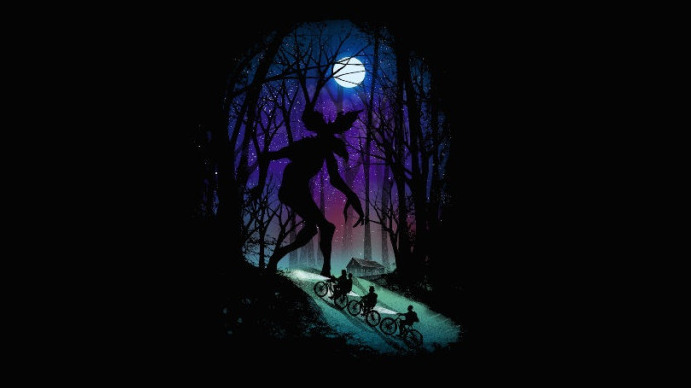I've been writing for a while so I thought I'd share some writing tips I've learned along the way.
1. Never sacrifice the flow for a quirky line.
That bit of dialogue or flowery paragraph you really like but it kinda disrupts the flow? Scrap it. I know it hurts, but you need to. If you really want to keep it, find somewhere else to put it where it actually fits in.
Dialogue should go at the pace of an actual conversation, back and forth with little breaks and pauses. Add as little dialogue tags as possible while still making it clear who is speaking. You can also describe what is happening during a pause in the conversation rather than saying they paused, unless the pause is important.
3. Show don't tell is a guideline, not a rule.
Show don't tell is a very useful guideline, but if you're ALWAYS showing it can get exhausting to read. Skip the boring bits and just tell us what happened, then we can get to the good stuff.
4. If it's boring to write, it's probably boring to read.
If you can cut out a whole scene with little consequence to the story, you probably should. As I said before, you don't always have to show us, you can always tell us.
5. Everything needs to have a purpose.
I know there are probably lots of interesting or cute scenes where your characters are just fucking around, but if it doesn't develop character, relations, conflict, or plot, why should we care? Definitely still write them if they make you happy, but if you're gonna add it to your final draft, make sure it matters.
6. You don't need to explain everything all at once.
I know it feels tempting to put all the lore, and all the character's intentions, and reasonings into the first few chapters, but please refrain, you can reserve that for your character and worldbuilding sheets. Instead, take the time to let us get to know the characters, and the world, in the same way we'd get to know a real person. Make your exposition as seamless and natural as possible. It will take practice to know when to reveal information and when to let us wonder, but you'll get there.
7. Write in a way that comes naturally.
I know you probably have an author you wanna write just like, but that is unlikely to happen. Embrace your natural writing style and perfect it, rather than trying to be something you're not. Writing is an art, you need to find your own style and polish it as best you can.
8. Try to make us feel connected by cutting out certain words like "felt".
"Chad felt like a glass of water." Can be replaced with, "Chad was thirsty, so he reached for a glass of water." Both sentences tell us Chad wants a glass of water, but one makes us feel more connected to Chad than the other. Though both sentences have their time and place, you want to make your audience feel as close to their protagonist as possible. Make them feel like they're there, rather than just an onlooker.
9. We don't need to know every physical detail of your character.
I know you probably spent ages creating the perfect characters and you want to give us the perfect image of what they look like, but it can get monotonous and boring, why do we care that your character has brown eyes unless the colour has some sort of significance? Try to list off only the most notable features of your character and put focus only on the relevant details. Sometimes you can even not describe them at all and throw in little bits of information about their appearance for the audience to put together. We read to imagine, not to have a perfect image painted for us when we could be getting to the plot.
10. You're allowed to be vague.
Allow your audience to assume things, with some things you can just be lazy and let your audience's imagination do the work for you. Of course, don't do this with important things, but you can save so much time you might've spent researching an irrelevant topic when you can just be vague about it. You don't have to know everything you're writing about, so long as you know the bits that matter.
11. Writing is a skill that takes practice.
Don't be so hard on yourself if your writing is a bit cringe, we've all been there. The important part is that you research how to get better and keep writing those super cringe chapters. One day you'll reread something from a while ago and realize you're actually not as bad as you thought.
12. Leave your work to rest.
I know you wanna start editing right away, but once you've finished, leave it for at least a month. The longer you leave it the better, but that depends on your attention span. A month to six months is good if you're really impatient but want a good result. If you keep writing in that time your skills will continue to improve, then you'll be editing that draft with fresh eyes and fresh skills.
And if you're a fanfic author, I usually leave my chapters for a week before editing and posting.
Hope this helps anyone struggling, I thought this might be especially relevant now with nanowrimo.
I recently realized how much knowledge I've been accumulating over the years, I definitely have more but this is all I can think of for now.
I'm no writing guru, but if anyone has anything they're struggling with, I can do my best to help you out, so dont hesitate to ask questions.

































